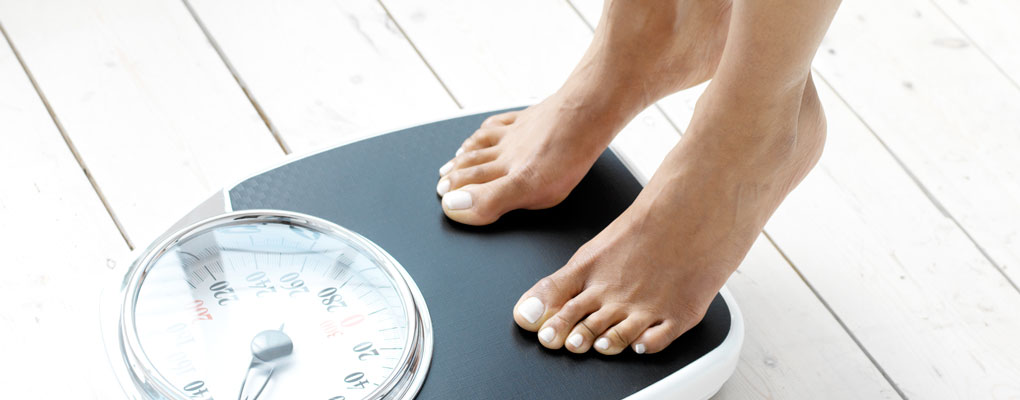You had weight loss surgery. The weight fell off quickly at first. You continued to drop pounds for a year. The rate of loss slowed, but the scale continued to show progress.
Then, at some point, the weight loss stopped. You’re at a much healthier place than before. Success? Definitely. But what comes next? For some, what comes after reaching their goal weight is the hardest part of the journey: weight maintenance.
Not every post-bariatric patient struggles with weight maintenance, but many do. Increase your odds of successful maintenance with some common-sense practices.
4 Strategies to Maintain a Healthy Weight
-
Follow the post-bariatric diet.
If only there were a shortcut to weight loss and maintenance. There isn’t. If you’ve had bariatric surgery, you know the procedure isn’t a magic bullet. After weight loss surgery, your stomach and digestive tract are physically different, making it possible for you to be satisfied with smaller amounts of food. Still, it takes effort to stay on track with your new way of eating.
Follow the advice of your dietitian. Your diet will be low in carbs and high in protein. You’ll drink lots of water and other healthy fluids. You’ll need bariatric vitamins and minerals to round out your nutrition.
-
Exercise everyday
When it comes to dropping pounds, what you eat is more important than how much you exercise. Exercise, however, plays a starring role in weight maintenance. Besides helping with weight control, exercise improves numerous weight-related illnesses. Diabetes, high-blood pressure, unhealthy cholesterol levels improve with regular exercise.
How much should you exercise? Thirty minutes of moderate activity is the minimum. You can vary the intensity and duration to suit yourself. An hour of daily exercise is the average for 90 percent of those tracked by the National Weight Control Registry. Individuals in this database have maintained an average weight loss of 66 pounds for 5.5 years.
-
Know yourself
If you have triggers, such as comfort foods or sweets, understand that it’s nearly impossible for you to have “just one bite.” Avoid temptations that can waylay you. Don’t keep impossible-to-resist foods in the house.
If you have emotional baggage, whether it has to do with your body or something else, deal with it directly. Many people eat for comfort. Find your solace in another, healthy source.
Exercise is a great stress reliever. So is laughing with friends. So is talking with a counselor, whether that be a friend, a mental-health professional or a religious or spiritual guide.
-
Stay accountable
Find a support group to keep you accountable and to cheer you on. Weight-loss groups are wonderful because everyone understands the struggle and appreciates the hard-won nature of weight-loss successes.
Hold yourself accountable by keeping track of food intake and weight with a food diary. Research suggests that those who track eating with a food diary are more successful. Your diary can be paper or digital. Record everything you eat and drink each day. Weigh yourself at least weekly, and record your emotions and thoughts if you like.
Learn more about weight loss surgery by attending a free informational seminar.



